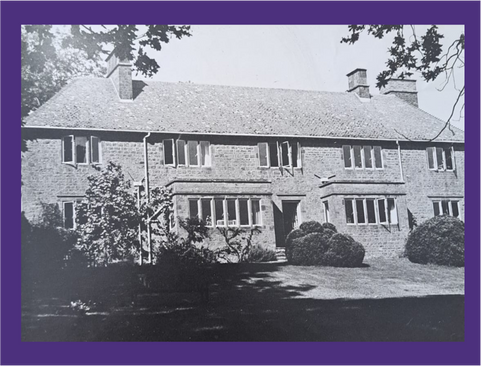Every donation we receive can make a big difference to our resident’s lives. We have lots of online ways you can help but
we are also delighted to receive your donations in the post, please make all cheques payable to Solden Hill House Limited.

In the not-to-distant past, the care, education, and opportunities
provided to differently-abled individuals were vastly different from what is
known today. The original Solden Hill House residents came from a children's
home in Stourbridge in the Midlands. As was common practice, males and females
were not permitted to share accommodations once they reached puberty,
necessitating the discovery of two new homes, one for girls and one for boys.
The boys were housed in Solden Hill, a weekend cottage previously owned by an
affluent family, while the chauffeur and gardener resided in the semi-detached
house located at the top of the drive. The founder of the home, Fred Apps, held
a lifelong conviction that every individual, regardless of their disability,
possessed inherent value and could make a genuine contribution to society. In
these times, the prevailing view was that those who were differently-abled required only
safety and separation from the surrounding community. However, at Solden,
practical, craft-based, and artistic workshops were established, along with
garden work, which breathed new life into the community.
Fundraising efforts
gradually improved the quality of life provided to the residents.
In the initial years, the annual Garden Party raised £1,000, a
substantial sum at that time, which instilled a sense of pride and joy in all
those who contributed to the funds. Originally, the accommodation consisted of
4-bed dormitories, but subsequently, single bedrooms became available. For some
residents, it was the first time they had experienced the luxury of privacy and
personal space. Thanks to a generous donation, "Apps House" was
erected in the garden, providing additional lodging. The Variety Club of Great Britain generously gifted a "Sunshine Coach" minibus, which
facilitated practical outings such as shopping and leisure activities, enabling
the residents to enjoy the same experiences as others.